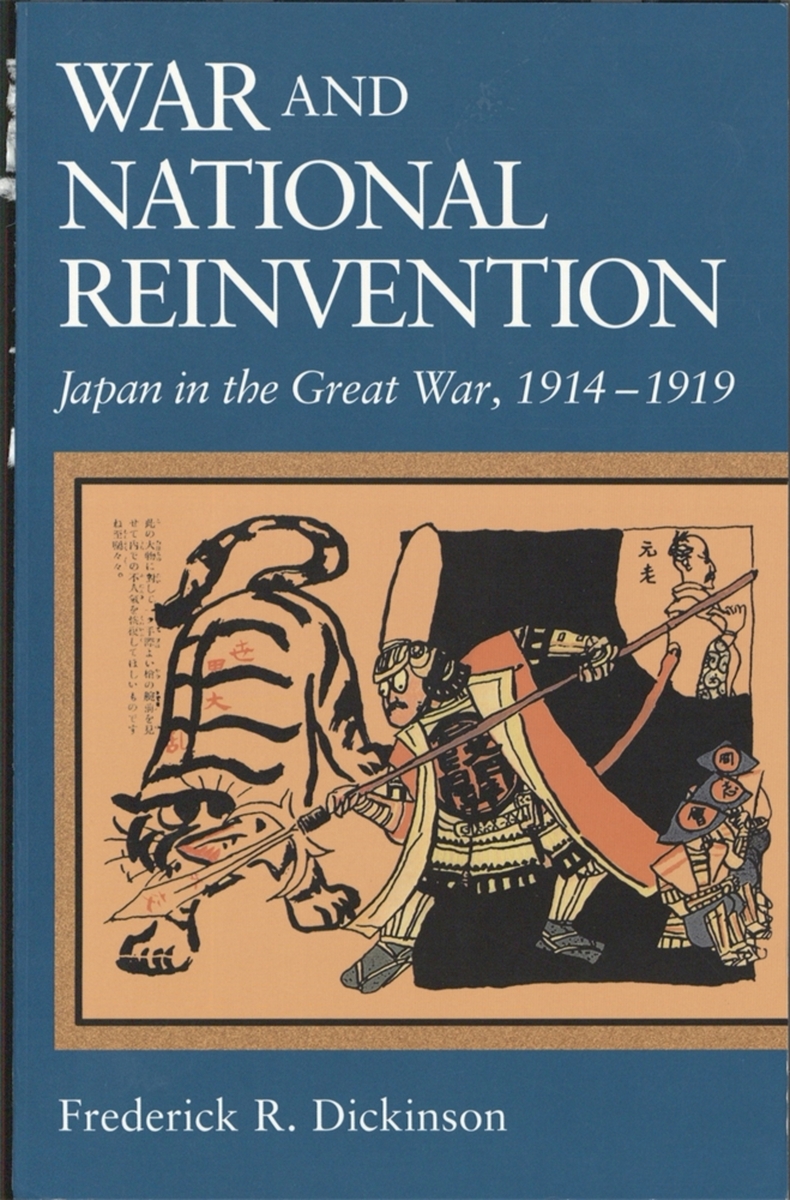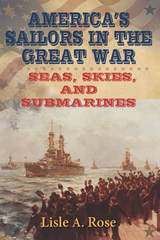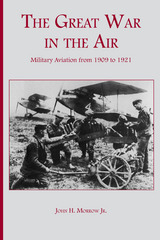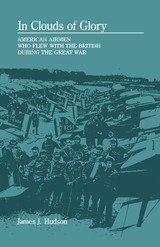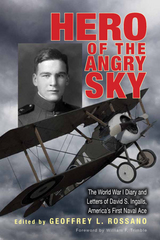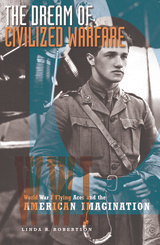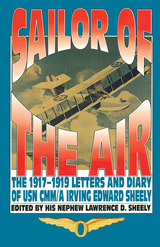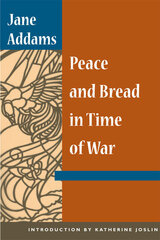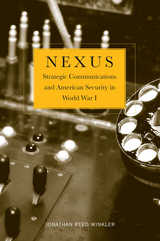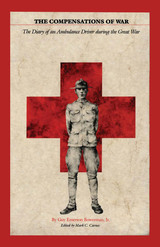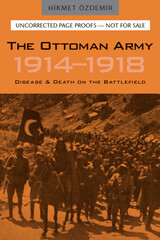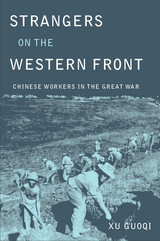War and National Reinvention: Japan in the Great War, 1914–1919
Harvard University Press, 1999
Cloth: 978-0-674-94655-2 | Paper: 978-0-674-00507-5
Library of Congress Classification D621.J3D53 1999
Dewey Decimal Classification 940.32252
Cloth: 978-0-674-94655-2 | Paper: 978-0-674-00507-5
Library of Congress Classification D621.J3D53 1999
Dewey Decimal Classification 940.32252
ABOUT THIS BOOK | REVIEWS
ABOUT THIS BOOK
For Japan, as one of the victorious allies, World War I meant territorial gains in China and the Pacific. At the end of the war, however, Japan discovered that in modeling itself on imperial Germany since the nineteenth century, it had perhaps been imitating the wrong national example. Japanese policy debates during World War I, particularly the clash between proponents of greater democratization and those who argued for military expansion, thus became part of the ongoing discussion of national identity among Japanese elites. This study links two sets of concerns—the focus of recent studies of the nation on language, culture, education, and race; and the emphasis of diplomatic history on international developments—to show how political, diplomatic, and cultural concerns work together to shape national identity.
See other books on: 1912-1945 | 1914 - 1919 | Diplomatic history | Great | World War, 1914-1918
See other titles from Harvard University Press
